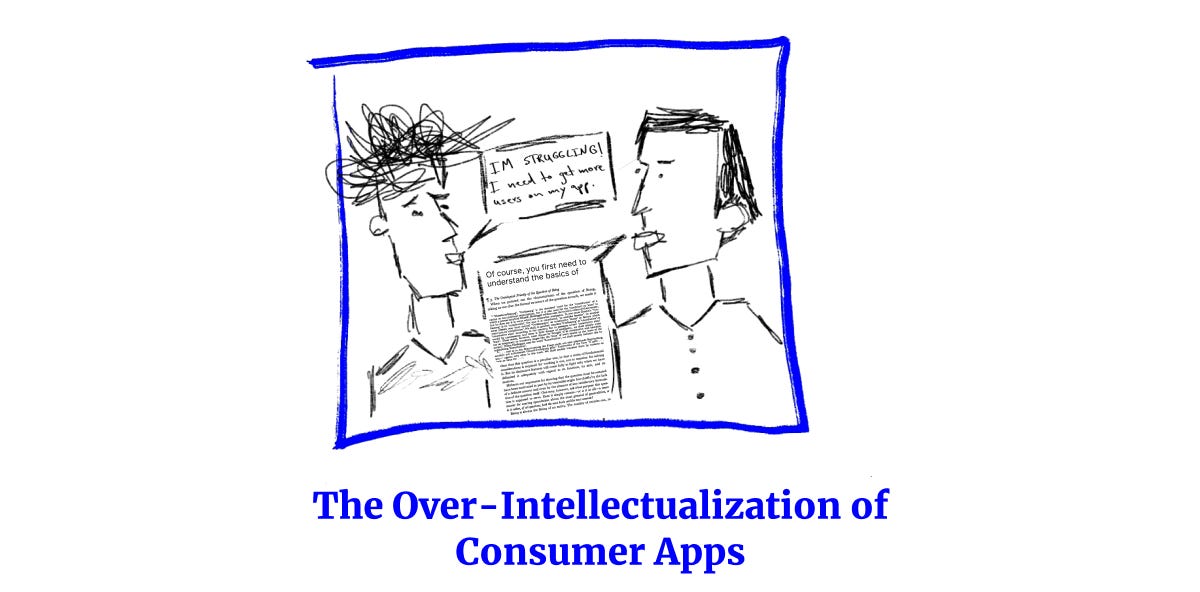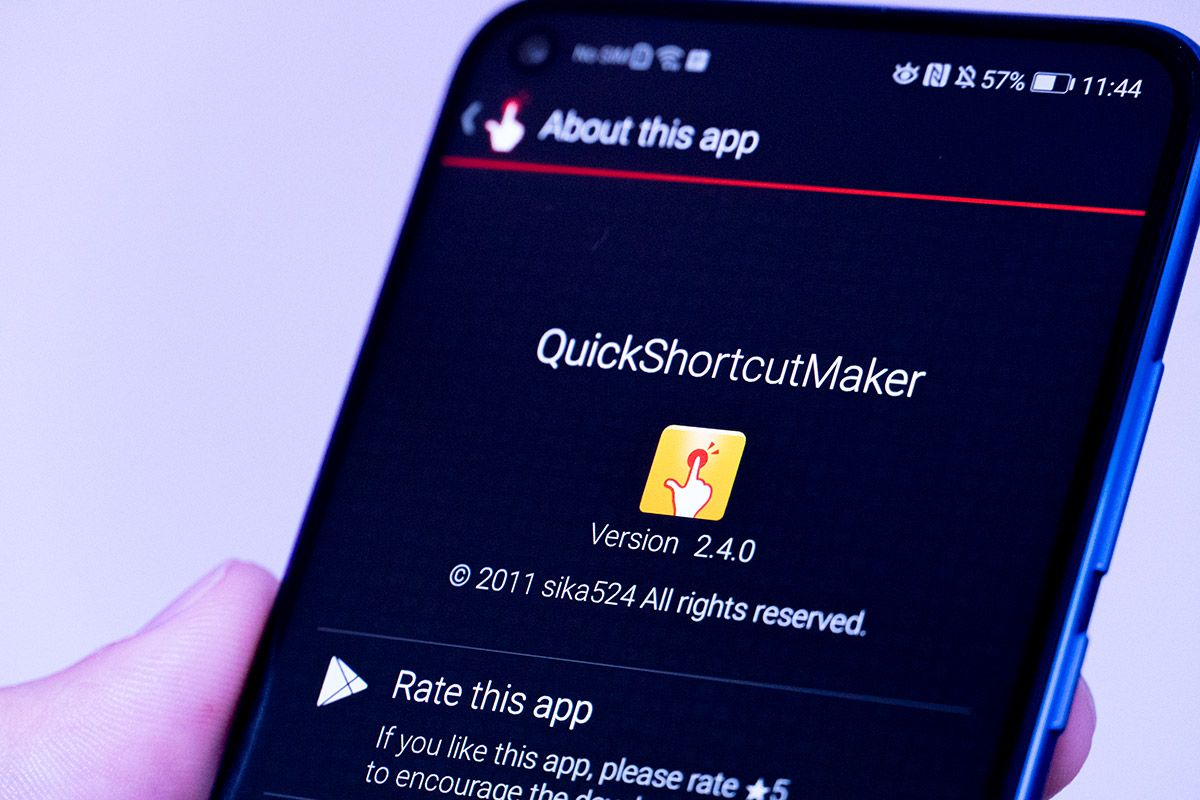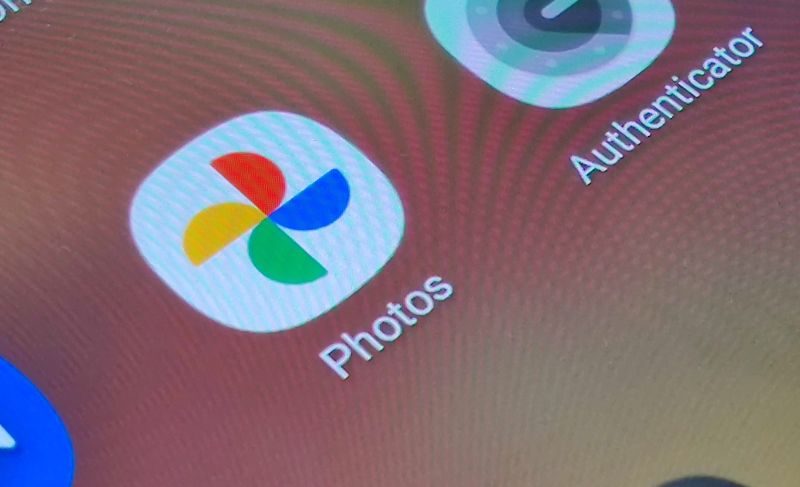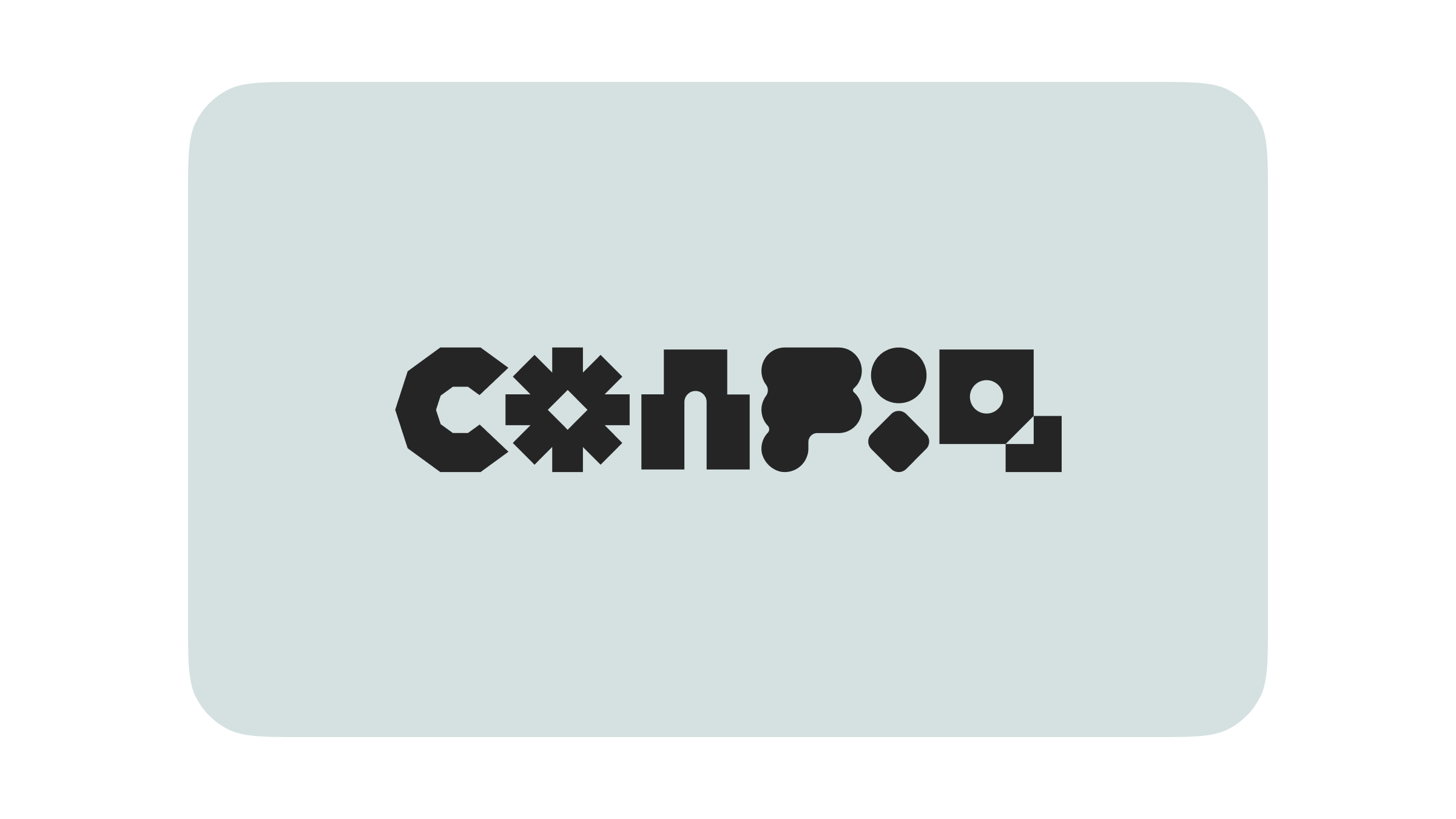
The Over-Intellectualization of Consumer Apps
It’s been 15 minutes of pitching, and I still don’t know what the product does. I know it’s a consumer app because the founder mentioned it in the cold email. But there was no demo link or an App Store link. No traction or usage data either. We’re on slide 13, the founder is painting a picture of the world in 2035—but I still have no idea what the app does now!
Today, first-time founders are suffering from a severe case of over-intellectualizing consumer apps: an unnecessary and performative act of making their apps sound more than they are and more than they should be.
This is a trickle-down effect of too many VCs writing too many fluff thought pieces: “thinkboi slop” (coined by one of my favorite contemporary philosophers, sophie). I believe it’s net positive for investors to share their thoughts publically. However, many of them, especially ones with little to no operational experience, lean on their Ivy Philosophy degrees and the latest McKinsey reports as the backbone of their arguments, so they end up writing pedantic pieces that sound profound but truly mean nothing. (Web3 is fertile land for this type of writing.)
Founders look up to these investors as the “gatekeepers of capital,” so they try to emulate their high-brow obscure explanations when pitching. To impress the philosopher VCs, founders try to act like philosophers too. “The Zeitgeist…the Paradigm…Always Shifting.” This has dire consequences on product thinking: consumer founders need to think like scrappy pirates and mercenaries, not pedantic Ivory Tower philosophers.




















